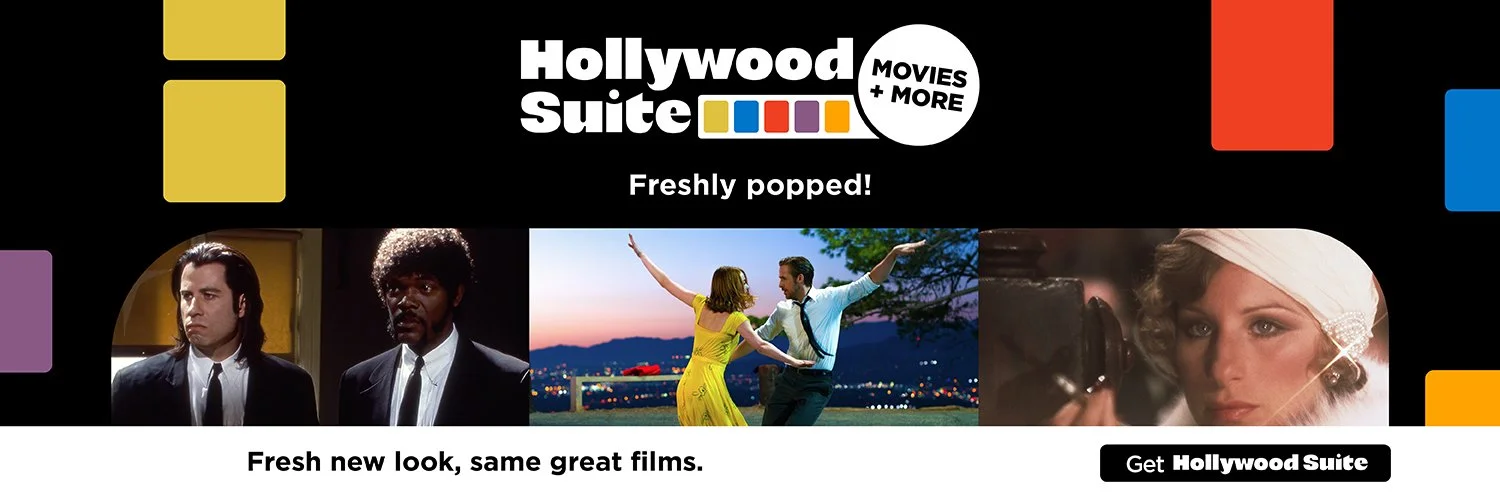Don't Let's Go to the Dogs Tonight: An Intrigued Child's Eye View of a Colonial War
By Chris Knight
Rating: A-
The colonial dispute at the center of Don’t Let’s Go to the Dogs Tonight was a messy, confusing conflict. Even its name was in flux. Originally referred to as the Rhodesian Bush War, it was later called the Zimbabwe War of Independence, reflecting who eventually prevailed.
So, I was pleased to see this historical tale told through the eyes of a precocious seven-year-old, since that’s about the same level of knowledge I bring to the film. Bobo (the preternaturally assured Lexi Venter) is a white girl growing up on a sprawling farm in 1970s Rhodesia.
Lexi Venter as Bobo and Zikhona Bali as Sarah in Don’t Let’s Go to the Dogs Tonight
The government, run by a mostly British white minority, was at the time under attack by several African guerrilla movements, one of them led by Robert Mugabe, whose sway and infamy would last well into the current century.
But Bobo isn’t aware of political nuances. All she knows is that her mother, Nicola, sleeps with a machine gun in case “terrorists” break in during the night. (It’s also useful for killing snakes.)
Nicola is played by Embeth Davidtz, who also directed the film and adapted the source material, a 2001 memoir by Alexandra Fuller. She’s clearly on the edge of a cliff overlooking madness, clinging to her British heritage (an old jigsaw of the Royal Family is particularly prized) but also determined to cling to her new land at all cost.
Between this non-maternal figure, a distant father who is away on government patrols more often than not, and an older sister with whom she has little in common, Bobo doesn’t have anyone to rein her in. Is it any wonder the child drinks, smokes, swears and rides a motorcycle?
She finds some matronly solace from Sarah (Zikhona Bali), one of the farm’s servants, whom we’re told is not from Rhodesia and doesn’t fully understand the complicated politics either. Sarah’s husband does, and warns her that no good can come of playing nursemaid to a white girl.
Bobo is nothing if not observant, and the film follows suit, its camera roving the landscape to take in the sometimes raucous behaviour of the whites, and the downtrodden lives of the oppressed majority. We sense the girl’s innocence bleeding awkwardly into understanding. At one point she asks her mother pointblank: “Are we racists?”
But she’s clearly still in the dark about many things political and otherwise. She tells us in one of her voiceovers that she knows what her parents are up to when they close their bedroom door for some alone time: “They’re moving furniture with their clothes off.”
The film is a potent portrait of the heavy bootprint that colonialism left on the African continent, but the childlike point of view makes it an eminently watchable story, with moments of levity and even humour. Period-specific musical choices are also excellent, including Chris de Burgh’s bawdy “Patricia the Stripper,” and “I Wonder” by Sixto Rodriguez.
I have to admit being originally put off by the movie’s moniker, with its weird punctuation. Don’t Let’s Go to the Dogs Tonight is, as near as I can tell, the first double-apostrophed title since Love’s Labour’s Lost in the 1590s. A little trivia from a not-so-trivial film.
Don’t Let’s Go to the Dogs Tonight. Directed by Embeth Davidtz. Starring Lexi Venter, Embeth Davidtz, Zikhona Bali. Opens July 18 in cinemas.



